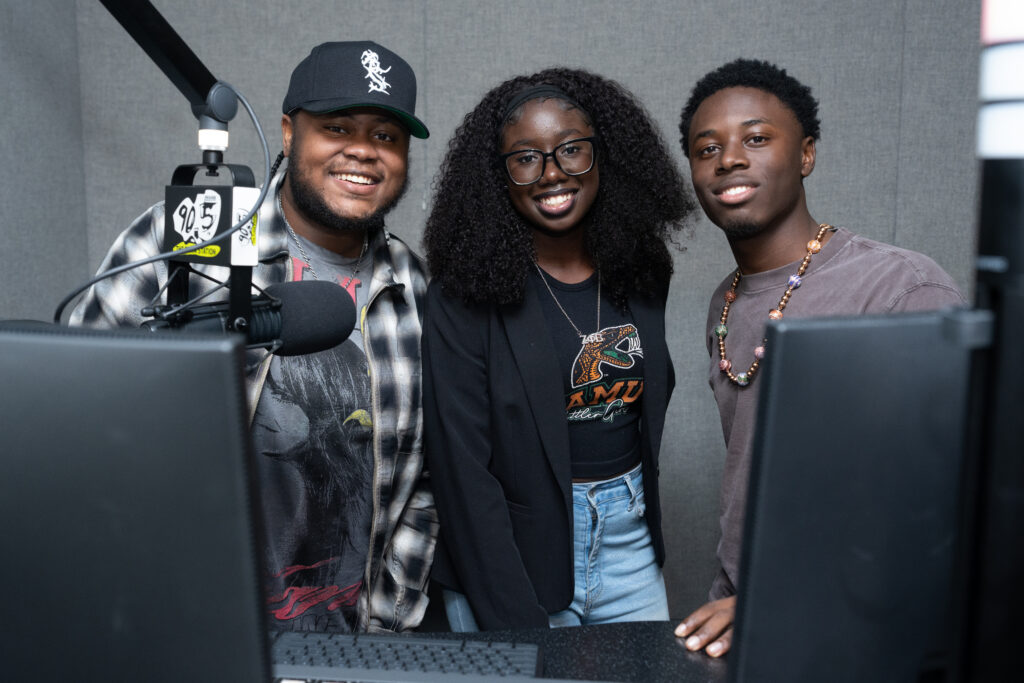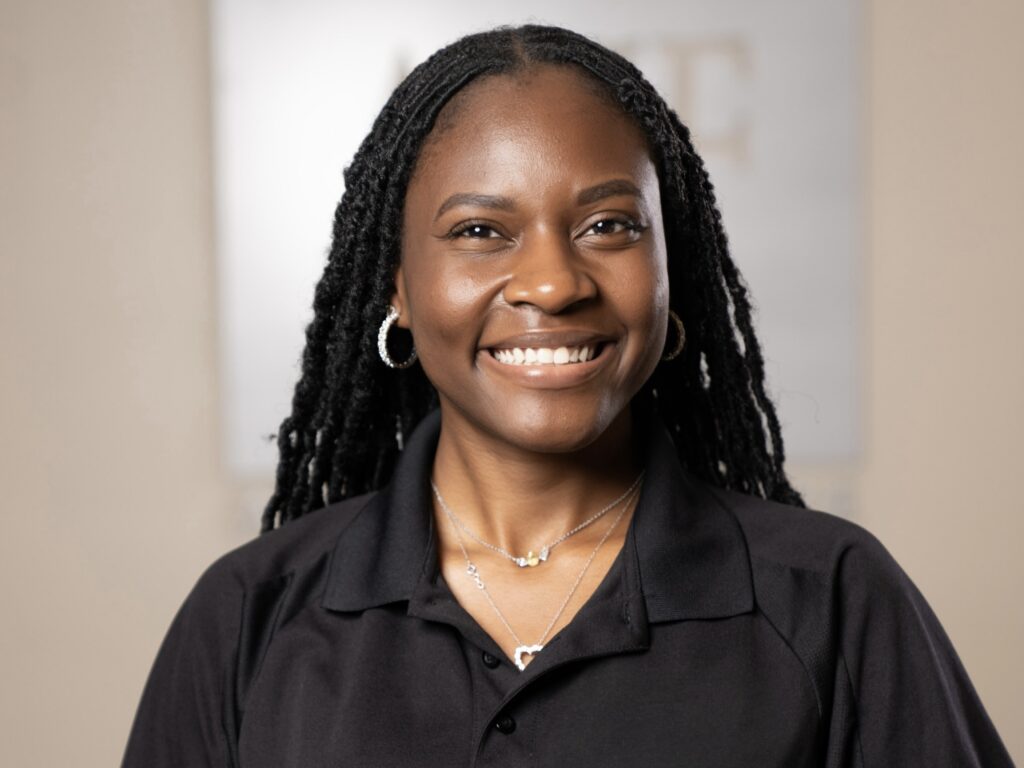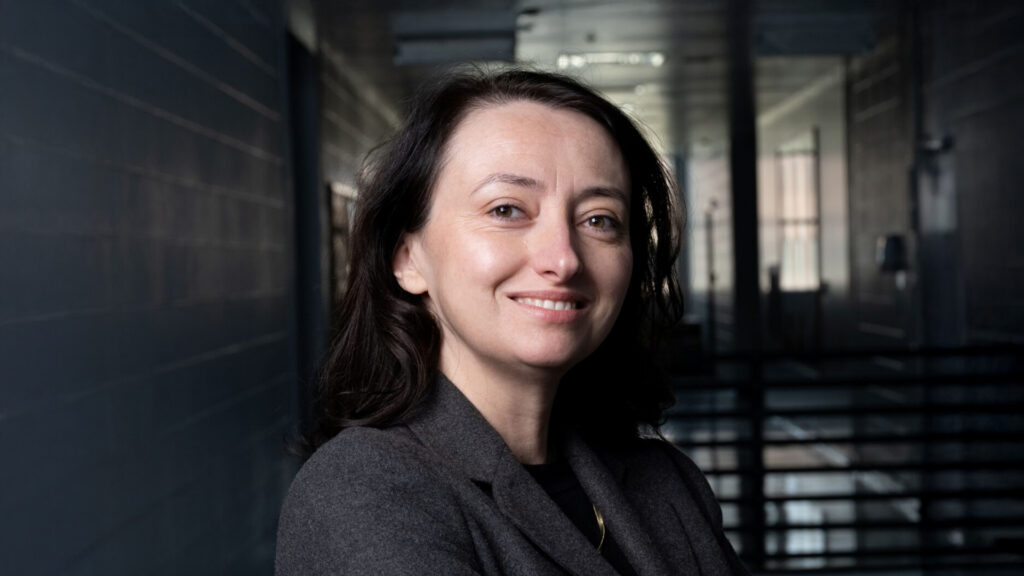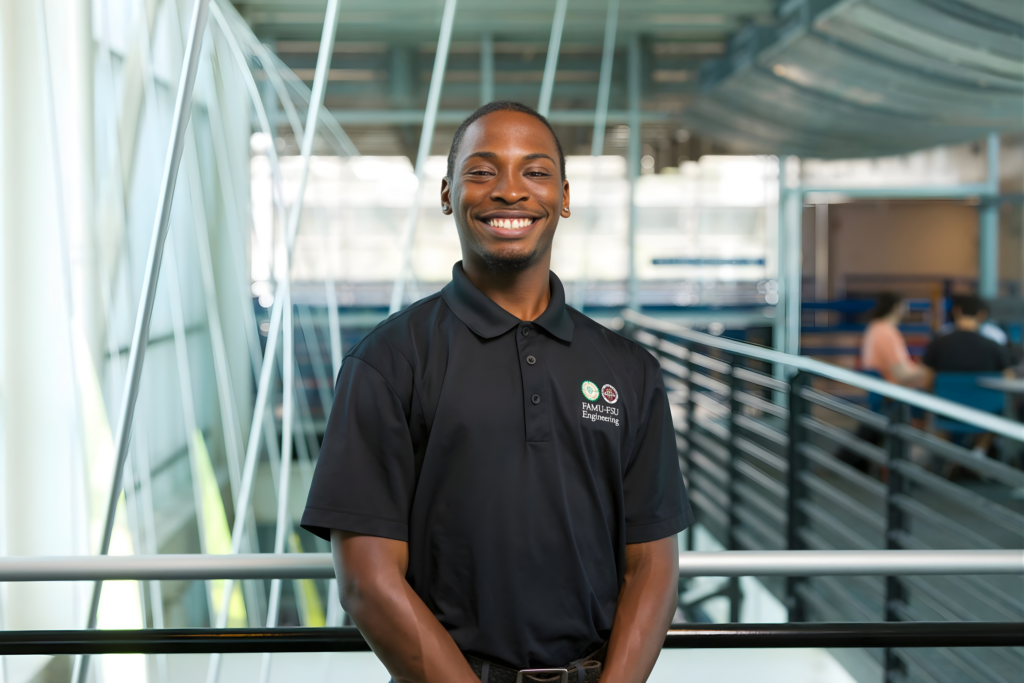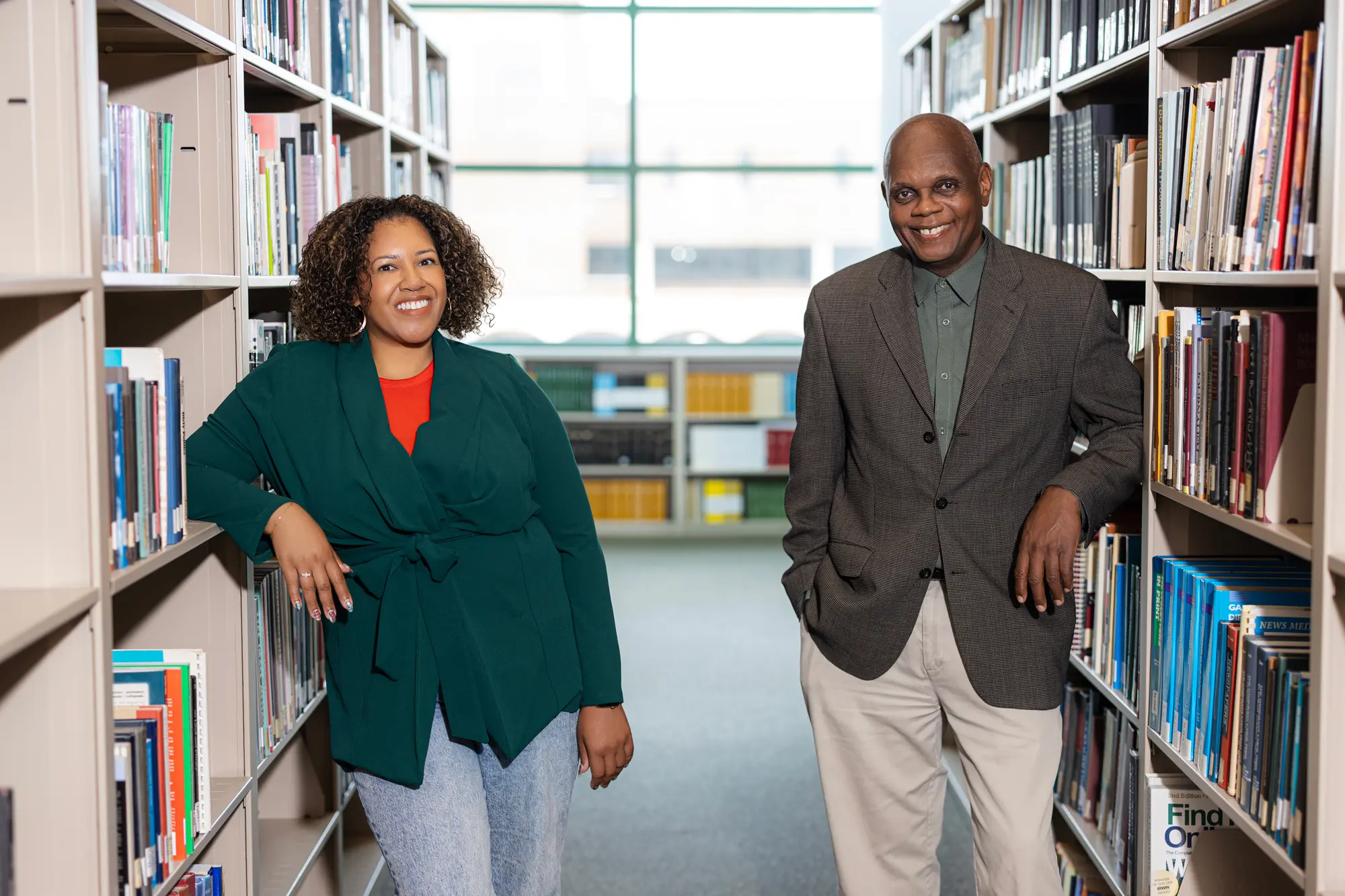
With democracy at a crossroads, the program answers the call for journalists trained to expose injustice and protect the public good.
Starting this fall, students at Florida A&M University’s School of Journalism & Graphic Communication (FAMU SJGC) will have a unique opportunity to become part of the next era of investigative journalism. At a time when misinformation and disinformation are challenging the public’s trust in news, Journalism Division Director William Jiles and Professor Arionne Nettles are preparing students to rise to the challenge.
With a commitment to lifelong learning, Jiles and Nettles have spent the summer immersing themselves in best practices for developing investigative reporting skills in SJGC students.
In late May, the duo represented FAMU as one of nine historically Black colleges and universities (HBCUs) participating in the Charlotta Spears Bass Investigative Reporting Faculty Institute, a program created by the Center for Journalism & Democracy (CJD) at Howard University.
Named for the trailblazing editor and publisher of The California Eagle, the Institute honors Charlotta Bass’s legacy of using journalism to confront injustice, including employment discrimination, racial violence, and housing segregation.
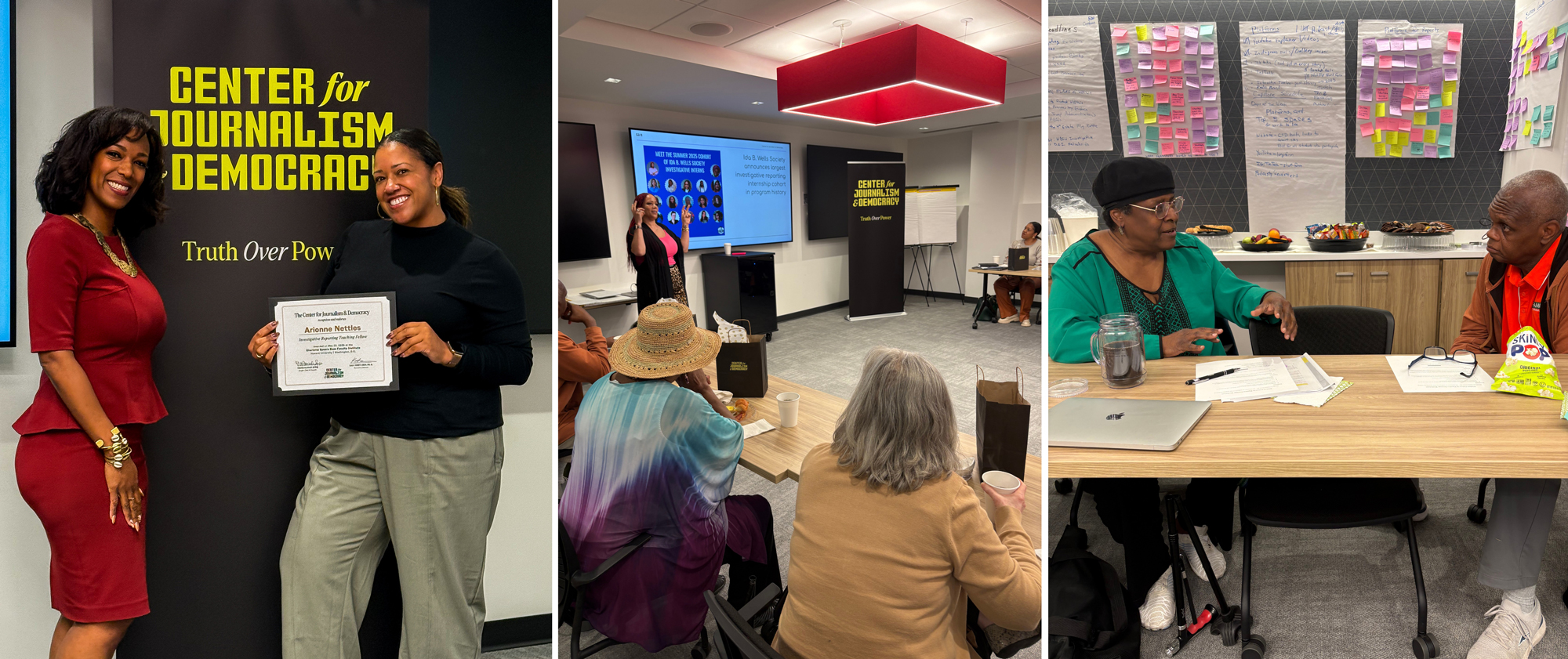
The Institute is part of a larger mission to expand the HBCU Investigative Journalism Consortium, an initiative designed to strengthen investigative journalism education across HBCUs.
The 2025-2026 academic year marks FAMU’s inaugural participation in the program.
In a shared virtual classroom environment, students will receive direct instruction from Pulitzer Prize-winning investigative journalist and CJD Founding Director Nikole Hannah-Jones. Simultaneously, Nettles will serve as the on-campus instructor and lead the lab component of the course.
“The Investigative Journalism Consortium course represents a perfect opportunity for SJGC journalism students to deepen their knowledge and understanding of the role of journalists at a time when American democracy is facing an uncertain future,” said Jiles, also a broadcast journalism instructor. “With the rigorous course design and structure, our students will be among the best of the best, representing a new generation of journalists and storytellers by the time they graduate. I am truly excited about the scholastic achievement this first SJGC class in the Consortium will attain.”
According to Nettles, the course will expose students to a collaborative and cutting-edge approach to learning, which aligns with SJGC’s commitment to offering its students experiential opportunities to develop their crafts.
“This innovative teaching model provides an opportunity for our students to learn from some of the best investigative journalists of our time while also collaborating with other top HBCU students from across the country,” said Nettles, SJGC’s Garth C. Reeves Eminent Scholar Chair. “It will be replicated across all nine universities, with students working together to learn investigative reporting tools and, later, ambitious reporting projects.”
For Nettles, the Institute and Consortium course also reinforce a core tenet of journalism: “Part of being a journalist is working toward a purpose to serve others,” she said. “These sessions remind me of that.”
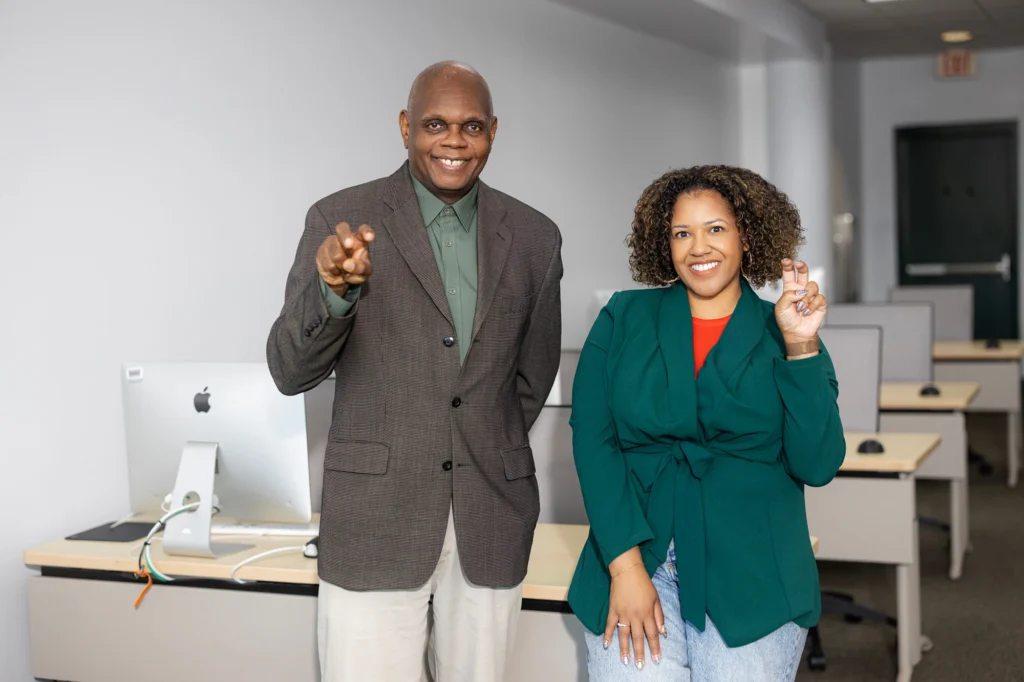
Dr. Kali-Ahset Amen, executive director of the Center for Journalism & Democracy, said the HBCU Investigative Journalism Consortium was created to address an urgent gap.
“Most HBCU journalism students never have the chance to study investigative reporting,” Amen said. “We wanted to address that head-on. The HBCU Investigative Journalism Consortium was born from a vision of collective strength: what would it look like if we pooled resources, shared instructors, and co-created a rigorous investigative curriculum across campuses?”
The result is a first-of-its-kind, multi-campus course that is a hybrid experience connecting students and faculty across institutions through co-teaching and teamwork.
Amen said HBCU journalism programs are uniquely equipped to train investigative journalists not only because of their legacy of positioning students to master technical skills but also because of their ability to show students how to bring historical understanding and moral clarity to their reporting.
“Our students bring with them lived experience, curiosity, and a fierce commitment to justice,” she said. “Many already see themselves as advocates for truth and accountability in their communities. What they’ve lacked are institutional resources, formalized training in investigative methods and exposure to the rigor and craft of long-form reporting. That’s where the Center comes in.”
Amen also emphasized that no student experience can be meaningfully transformed without investing in the faculty who shape it.
“That’s why we created the Charlotta Spears Bass Faculty Institute—to serve as both a training ground and an intellectual home for our Consortium faculty,” she said. “We’re cultivating a culture of investigative excellence across HBCUs, and that starts by making sure our faculty feel seen, supported, and prepared to lead.”
She explained that FAMU’s participation adds significant value to the effort.
“Florida A&M has a long-standing reputation for producing talented journalists, many of whom go on to shape public discourse and policy,” Amen said. “Their inclusion in the 2025 cohort strengthens the collective voice and reach of the Consortium. We’re excited about what FAMU brings, especially their broadcast journalism expertise.”
Ultimately, Amen hopes students come away from the course not just with new skills, such as data literacy, FOIA fluency, and archival research, but with a sense of mission.
“FAMU’s participation signals that this is not just an initiative but a growing network of institutions reshaping what it means to train journalists for justice,” she said. “We believe strengthening democracy requires an intentional expansion of who gets to do this work, whose stories get told and who tells them.”
